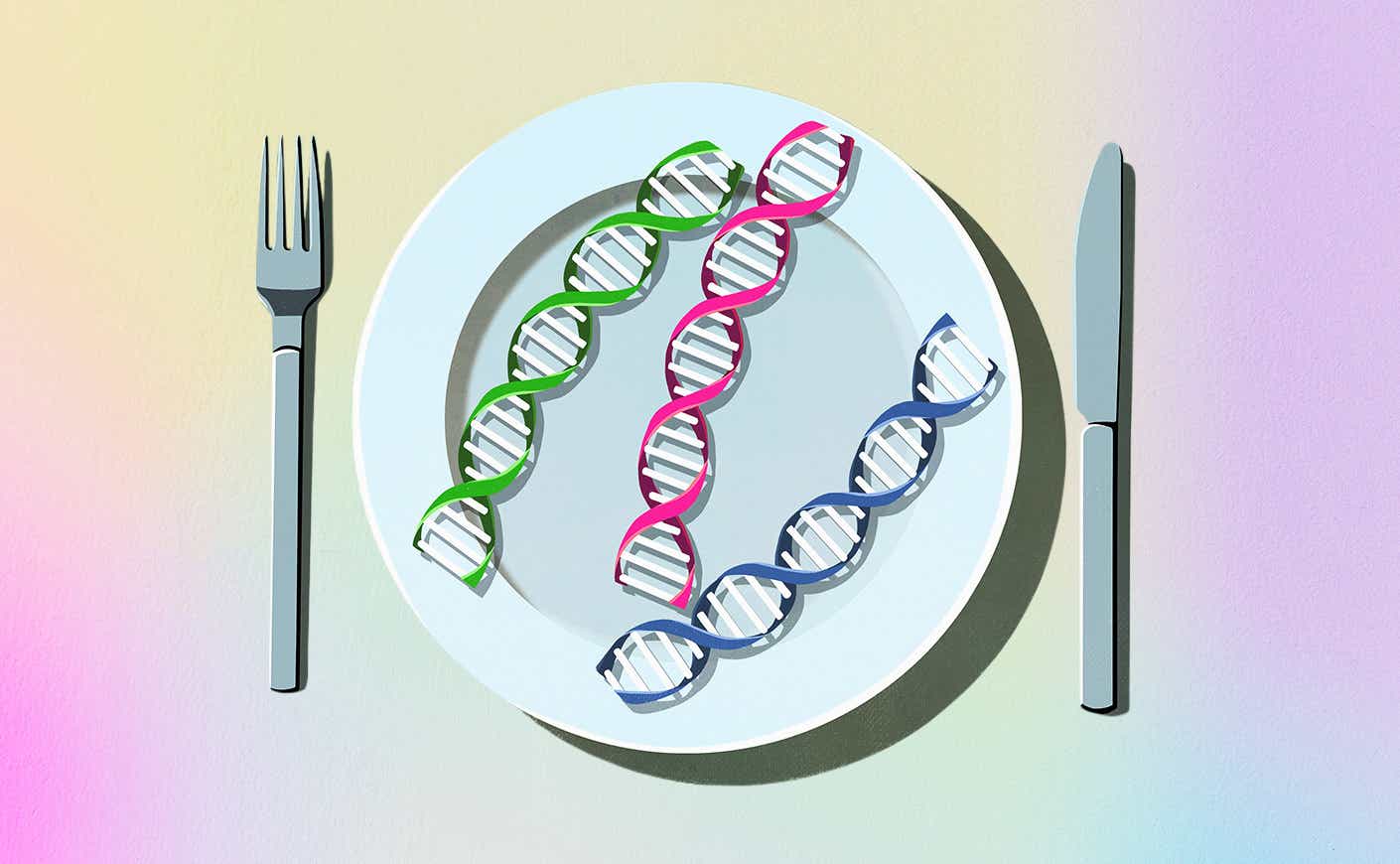When my middle school class read Tuck Everlasting, the novel about a girl who befriends a family who drank from a magical stream and gained eternal life, I was conflicted. The moral of the story was that, even if you could live forever, you wouldn’t want to. All your friends would inevitably die; the novelty of being able to witness history many times over would wear off; and eventually, you’d just wish for the sweet release of death. But I never totally bought it. Eighty-ish years on this planet seems way too short relative to the rest of eternity. If I could find this mythical stream from Tuck Everlasting, you better believe I’d chug straight from it, eternal boredom or not. But the good news is, I may not need magic to live longer, thanks to new breakthroughs in longevity research.
While it might seem that how long you live is determined by your DNA, genetic predispositions, and family history, the reality is that we have a lot more individual control over longevity than previously thought. Scientists have been looking into why our cells break down as we age, and the findings could literally change your outlook on life — genetics don’t affect longevity as much as you may think.
How much do genetics affect longevity?
You’d think that your lifespan is predetermined and unchangeable, but you’d be wrong (not to mention, that would be massively depressing). A 2016 study estimated that 25 percent of variation in human longevity is due to genetics, and a 2018 paper put that figure at less than 10 percent. Whether it’s 25 or 10 percent, that’s really not a lot. If you’re shocked at that figure, you’re probably not alone.
“Most people tend to attribute far too much power to their genes,” Dr. Mark Hyman, MD, author of Young Forever: The Secrets to Living Your Longest, Healthiest Life, tells Katie Couric Media. “I’ve seen thousands of patients who have blamed genetics for their ailments and diseases,” Dr. Hyman says, “but they forget that it's your lifestyle washing over your genes that determines who you are in any moment. What you eat, how you move, how you restore your system, along with your thoughts, feelings and social connections, regulate your genes.”
That said, some genes can predispose you to conditions like heart disease, type 2 diabetes, or obesity, but Dr. Hyman said it’s important to keep in mind that “predisposition is not predestiny. You don’t have to sit back and accept that you’re doomed to become sick.” And if you do have a predisposition to certain conditions or diseases, that might be all the more reason to focus on the lifestyle habits you can change.
What else influences longevity?
If your genes don’t determine your destiny, then what does? The answer: A combination of lifestyle and environmental factors.
A January 2023 study put forth 12 hallmarks of aging: genomic instability, telomere attrition, epigenetic alterations, loss of proteostasis, disabled macroautophagy, deregulated nutrient-sensing, mitochondrial dysfunction, cellular senescence, stem cell exhaustion, altered intercellular communication, chronic inflammation, and dysbiosis. Chris Mirabile, founder and CEO of longevity company NOVOS, explains that these seemingly intimidating concepts basically just have to do with how your cells and body break down over time.
As he puts it, “Scientists have identified biological reasons why we get older. On a microscopic level, these things are all conspiring against us.” And it’s not so important to understand what each of these terms means individually (phew), since all of these causes of aging impact each other. “When one goes wrong, the other ones are likely going to be in a worse place, and then it compounds against itself,” Mirabile says.
Basically, just about everything we do has an impact on how long we live.
First, let’s talk about the environment. “Everything from being in an urban versus rural environment to being in nature to sun exposure to air pollution can impact longevity,” says Mirabile. That doesn’t necessarily mean you should move to a cabin in the middle of nowhere and never go outside (let us not forget the importance of vitamin D), but it does mean that you should do things like wear sunscreen and spend time in nature to mitigate some of these damaging effects.
“The choices you make daily — how much you sleep, what and how much you eat, who you spend time with, how you respond to stress, the quality of your thoughts and your food, how much you move — all lead to health or disease,” explains Dr. Hyman. Mirabile adds that habits like alcohol use, oral hygiene, and exercise recovery also influence our health, and therefore, longevity.
The bottom line is that your DNA is not your destiny. “The hope is that when people understand that they have far more control over their health outcomes than they once thought, that empowers people,” Mirable says.









